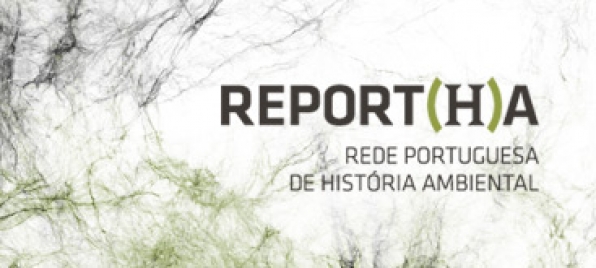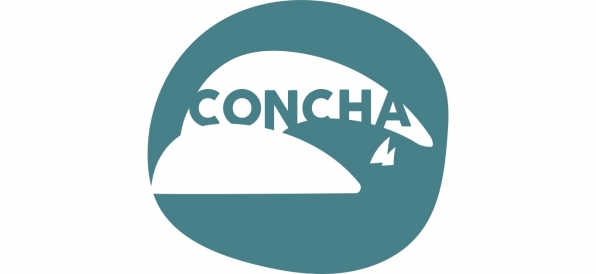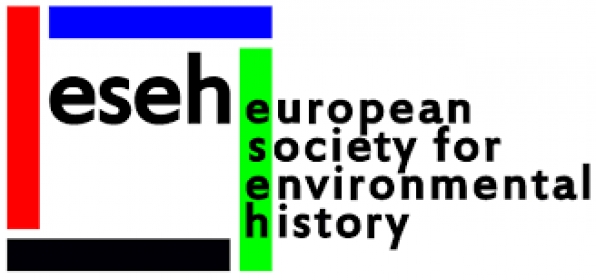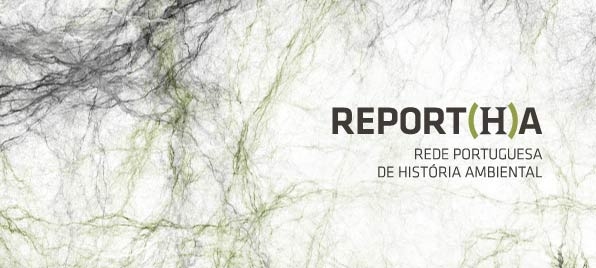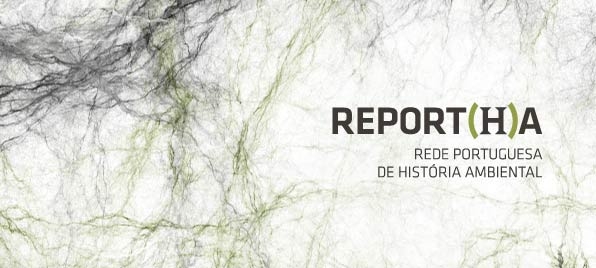CFP: Session on Env. risk and Env. justice in Europe at the next ISSEI conference
- Published in News
ABSTRACTS ARE EXPECTED BY MARCH THE 31TH
ENVIRONMENTAL RISKS IN EUROPE
Chairs: Pedro Baños Páez*, Sofia Bento**, Christelle Gramaglia*** & Ivan Lopez****
* Murcia University
** Lisbon University
*** IRSTEA Montpellier
**** Zaragoza University
Europe's industrial past, as well as its current position as a global industrial power, generate numerous negative externalities that are poorly known, evaluated and controlled. Although Air and Water Directives were promulgated in the 1990s and 2000s, there are still numerous infringements in these domains in the countries of the Union. And for soils, no standard yet allows to monitor its quality. Uncertainties, risks and controversies proliferate, giving a particular acuity to the society of the risk described by Ulrich Beck (2001).
It in this context that "contaminated communities" (Edelstein 2004) developed, that is, groups of residents exposed to pollution and facing various environmental and health hazards. In North America, this lead to strong mobilizations for environmental justice in the wake of civil rights movements, pointing to cumulative inequalities (Gordon 2002). In Europe, claims are raised, but not in the same way. Other interpretative frameworks seem necessary to study what is really going on.
The session we propose will deal with the European specificities of environmental and environmental health mobilizations. It will also look at all the social consequences of pollution on the social fabric, either in public spheres or in private spheres, from the point of view of various actors:
(1) What makes some social movements possible while some others do not work out in sites with major contamination risks? What role does the EU and the member states play in risk regulation in this area? What place do European civil societies hold? What hinders mobilizations?
(2) What constraints do pollutions have on social and environmental practices? How residents of polluted sites resist and cope with particularly adverse toxic situations, sometimes silently? How to better account for the hidden social costs of pollution?
The expected communications will have to focus on industrial and agricultural pollution, but may also offer openness to other environmental issues. The idea is to reflect together on the effects of alerts on collective and individual behavior, but also on the issues of responsibility so as to promote resilience, in the sense that Anna Tsing could give to this term, i.e. finding together the force to imagine survival in the ruins of productivism (2016).
Proposals (350-500 word abstracts) in English or Spanish should be sent by February, the 28th 2019, to This email address is being protected from spambots. You need JavaScript enabled to view it. and This email address is being protected from spambots. You need JavaScript enabled to view it.

